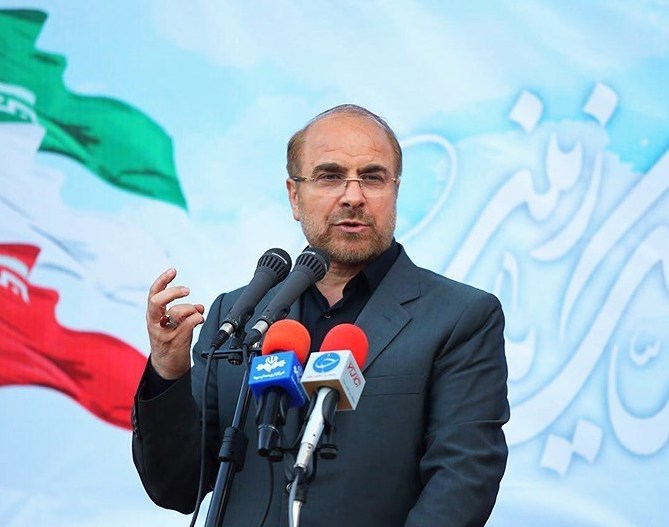On Thursday, May 30, Iran began a five-day registration period for presidential candidates ahead of next month’s election to replace the late President Ebrahim Raisi. Iran’s 12-member Guardian Council will announce the final list of candidates on June 11, and the elections will be held on June 28.
Regional sources analyze the Guardian Council’s role in determining the ballot and the impact of these elections on domestic and international policies:
Originally scheduled for 2025, Iran’s presidential elections were expedited following the unexpected death of President Ebrahim Raisi, Al Arabiya News explained. President Raisi and “seven members of his entourage, including foreign minister Hossein Amir-Abdollahian, were killed when their aircraft came down on a fog-shrouded mountainside in northern Iran,” and Vice President Mohammad Mokhber is currently serving as caretaker president.
Iran’s state news agency, The Islamic Republic News Agency, outlined that the registration for presidential candidacy was open from Thursday, May 30 until the evening of Monday, June 3. The source specified that “after the registration process, the Guardian Council will have 7 days to check the qualifications of the candidates. Then, the approved hopefuls will have 14 days for campaigning before the presidential election on June 28.”
“Moderate politicians have accused the 12-member hardline Guardian Council of disqualifying rivals to hardline candidates, who are expected to dominate the upcoming presidential race,” the Jerusalem Post reported. Restrictions on eligible candidates and “rising discontent over an array of political, social and economic crises” may discourage voter participation.
According to Arab News, Iran’s Supreme Leader Ayatollah Ali Khamenei “maintains final say over all matters of state,” though “presidents in the past have bent the Islamic Republic of Iran toward greater interaction or increased hostility with the West.” This election comes at a particularly critical time as Iran “now enriches uranium at nearly weapons-grade levels,” and “has armed Russia in its war on Ukraine, as well as launched a drone and missile attack on Israel amid the war in Gaza.” Domestically, Iran has struggled with economic woes and witnessed widespread protests following the death of Mahsa Amini.
Dozens of individuals have registered for presidential candidacy, including “senior security official and former nuclear negotiator Saeed Jalili, former three-time parliament speaker Ali Larijani, Tehran’s Mayor Alireza Zakani, and former central bank chief Abdolnasser Hemmati.” Al Jazeera also cited ex-President Mahmoud Ahmadinejad, whose previous term (2005-2013) “was marked by economic malaise defined by massive inflation and currency devaluation, along with explosive tensions over Iran’s nuclear programme,” as having signed up to run.
Hardline parliament speaker Mohammad Bagher Qalibaf has also emerged as a competitive candidate and has communicated his intent to continue the policies of Raisi and the late Iranian Revolutionary Guard Corps (IRGC) General Qassem Soleimani. Qalibaf, Asharq Al-Awsat noted, served in the IRGC and is known for his support “for a violent crackdown on Iranian university students in 1999.” Caretaker president Mohammad Mokhber “could be the front-runner because he has already been seen meeting with Khamenei.”
The Times of Israel quoted political expert Abbas Abdi, who assessed that if Iran’s “protesting community”—which garnered attention during the late 2022 Mahsa Amini protests—“sees an opportunity for change, it ‘will show its protest, activism, and responsibility through participating in the election.’” Abdi expressed confidence in a reformist win with a large margin, but only if these candidates are authorized to run.
(Banner image: Tasnim News Agency)
